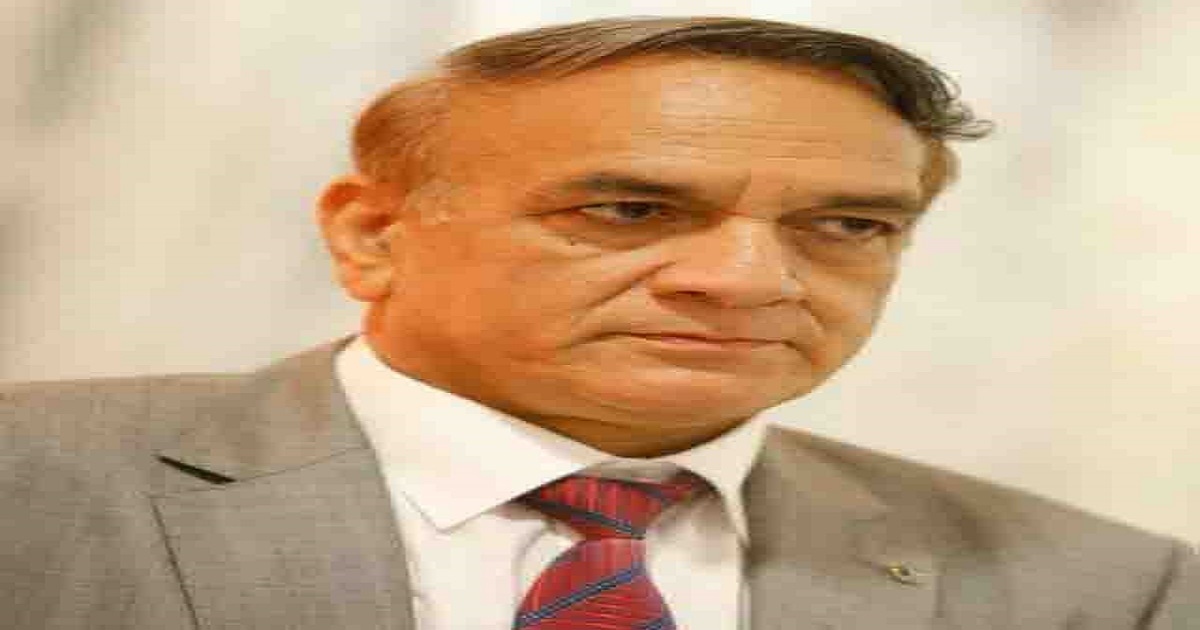Frailty in law: when medicine becomes a poison
VK Bahuguna
September 12, 2025

Law is the expression of the will of the society and its supreme power. Society is run and governed by law but when the governance and regulations try to enact laws to give justice and fair play to different segments of the population. International conventions and laws and agreements are equally suffering from frailty as in domestic affairs. India is a country of more than 142 crore people with a colourful variety of cultural biodiversity. When laws are made to ensure dignity, justice, equality and protection and welfare of marginalized and vulnerable sections of the society. However, on several occasions these laws more often than not are misused and becoming a serious problem for the law makers and the judiciary. The medicine is becoming a poison doing more harm than justice in many spheres of law enforcements. In this article I am dealing with the misuse of laws enacted for protection in India, such as those addressing women's maltreatment and Scheduled Caste and Tribes protection against discrimination and atrocities. Similarly, there are parallels in international laws like those under the World Trade Organization (WTO) and the way caucus type administration of world bodies like United Nations.
When these "medicinal" laws—intended to heal societal injustice and discrimination are misused, they can become "poisonous," causing grave harm to individuals, undermining trust in legal systems, and creating new forms of injustice thus undermining the rule of law.There are several laws for the safety of women in India: i) Protection of Women from Domestic Violence Act, 2005 on domestic violence, while; ii) The Sexual Harassment of Women at Workplace (Prevention, Prohibition and Redressal) Act, 2013 provides mechanisms to prevent and address sexual harassment at work place. Apart from this Sections 498-A (now covered under section 85 and 86 of Bhartiya Nya Sanhita) and 354 (sec 74 of BNS) of the Indian Penal Code (IPC) criminalize cruelty by husband/relatives and assault/criminal force to outrage a woman's modesty, respectively.
Several cases have been reported where women file complaints under the domestic violence Act to pressure or falsely implicate husbands and their families in marital disputes, even when evidence of abuse is lacking. Former Attorney General Soli Sorabjee criticized the broad definition of verbal abuse, noting its potential for misuse. Additionally, a Public Interest Litigation (PIL) filed in the Supreme Court in 2024 highlighted instances where the law was used to suppress husbands’ families in unrelated disputes and the Supreme Court has acknowledged misuse concerns, directing that complaints under IPC Section 498A be vetted by Family Welfare Committees before arrests to curb false cases. Similarly, in Sexual harassment of women at work place Act 2013 and Vishakha Guidelines issued after the Supreme Court’s judgement in Vishakha versus state of Rajasthan, there are instances where false allegations have been used at the drop of hat to settle professional rivalries or personal grudges, especially in high-profile cases. The lack of stringent verification mechanisms can lead to severe reputational damage for the accused before investigations are complete. There are cases when the innocent people were sent to jail for almost ten years and then the charges were dismissed. Who is going to pay for the ruining the life of suvh innocent persons There is no provision in these Acts to provide punishment for false cases.
The Scheduled Castes and Scheduled Tribes (Prevention of Atrocities) Act, 1989 (SC/ST Act)-Enacted to prevent atrocities and crimes against SCs and STs, to addresses caste-based discrimination and violence, in accordance to the Articles 15 and 17 of the Indian Constitution, which prohibit discrimination and untouchability. It defines specific offenses as "atrocities" and provides for special courts, victim relief, and rehabilitation. There are several cases of misuse and the Act faced criticism with surveys indicating high rates of false cases. For example, a Madhya Pradesh a survey found 75% of cases under the Act to be false, and Rajasthan police data suggested around 40% were fake. Notable cases include a man committing suicide after being threatened with a case under the Act and another spending 20 years in prison due to false allegations of rape and caste-based abuse. Similar cases are reported all over on Dowery Prohibition Act 1961 and Children abuse Acts 2012.
Now what are the reasons that the medicine is becoming poison. Both the society as well as systemic factors along with vague and broad definitions of the Acts punishable are responsible for misuse of the law. Use of words like “emotional abuse" or "humiliation" can be interpreted subjectively, enabling misuse. The lack of verification and previous fiat of courts to immediate arrest on complaints opens door for revengeful false complaints. Further,caste-driven rivalry, laws meant to empower marginalized groups can be weaponized in personal or community conflicts. Another factor is judicial burden as such cases take a long time to settle. But the most important factor is the lack of gender and other neutrality in all such laws leaving them no recourse to counter the abuse.
At the international level the recent imposition of tariff by US President trump of India is a blatant misuse of international laws on trade but this is a matter to be discussed separately.
Now the question is what is the solution. Justice demand that even if an iota of doubt or poor investigation by police the criminals are set free under the principle that no innocent person should be convicted. Now the society is moving forward and we need to bring in necessary safeguards in our laws so that stringent punishments are brought for false complaints and cases. In 21st century we need to protect the marginal and vulnerable sections of society with full protection but must ensure felony is not committed by individuals of felonious mindset to settle scores. 983 words
(Tripurainfo)
more articles...